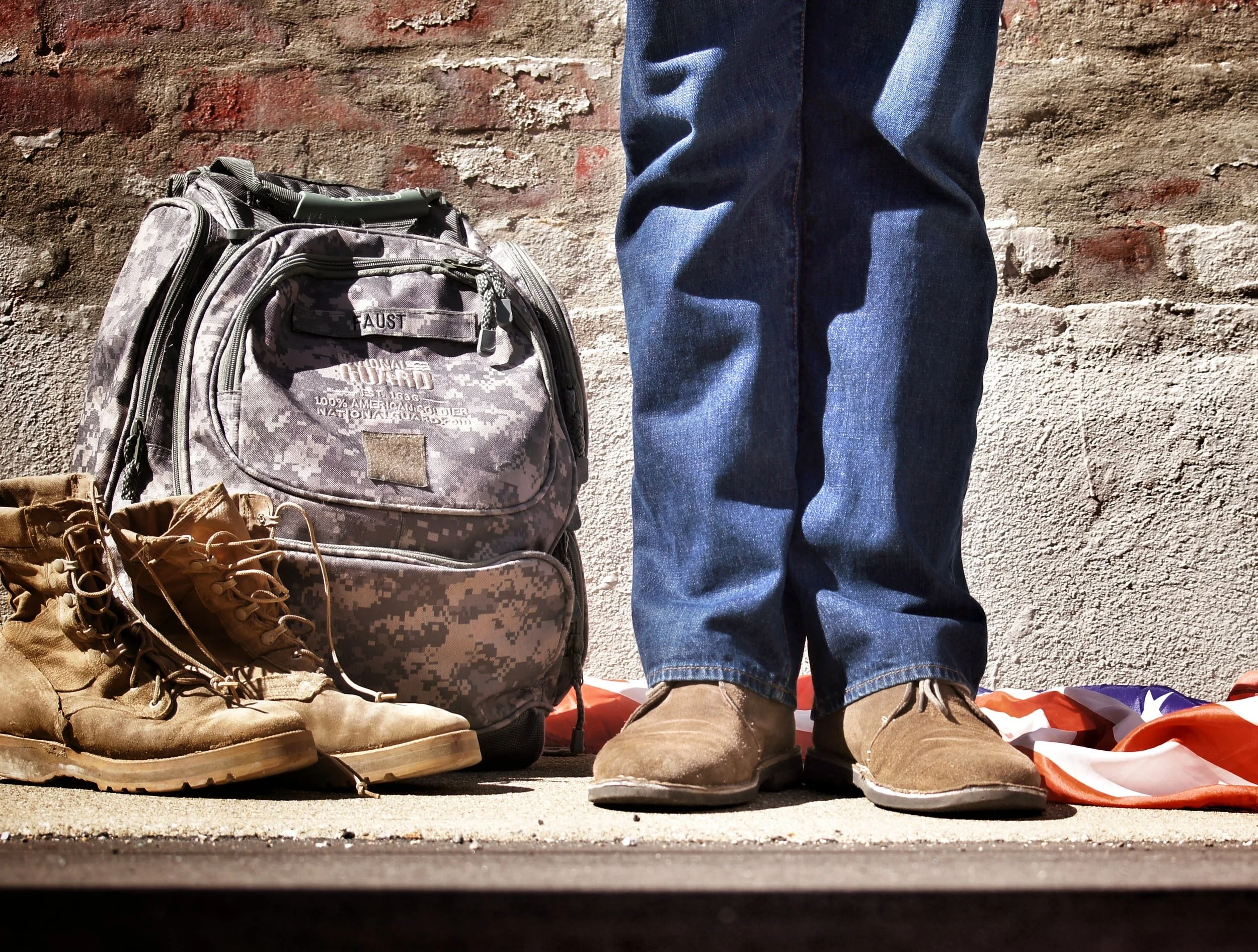5 Reasons Veterans Struggle to Transition to the Civilian Workforce
Finding a fulfilling career can be a challenge for anyone. But it’s important for us – as friends, family, employers and the community in general – to understand why it’s so difficult for our combat veterans, and how we can help.
Below are five of the common challenges we see our veterans face during their transition to the civilian workforce:
They have the skills and knowledge, but not the certifications or degrees.
While the military trains well for military jobs, it doesn’t provide the licenses or certifications needed for civilian jobs of the same caliber. Florida in particular, requires specific state licenses for many careers, and some veterans may not have the time or guidance to attain these, which can lead to underemployment.Their resumes don’t easily translate.
Many of our heroes joined the armed forces right out of high school – meaning little or no college education or “real-world experience.” So when it comes to drafting a resume, most veterans don’t know how to interpret their skills and experiences to civilian language.It’s not always easy to explain why the medals and rankings you’ve earned are relevant, or how leading troops through dangerous conditions, or being in charge of millions of dollars’ worth of machinery can benefit the company you’re applying to. Furthermore, many employers may not be able to recognize why one’s military background and soft skills can overcome a lack of “prior work experience.”
Many have to manage multiple VA appointments each month.
Beyond finding a solid career, a lot of our veterans have to deal with the VA and managing multiple medical appointments each month. This can be challenging not only for our veterans, but also for some employers. Compensation may be compromised, co-workers may be nosy or critical, scheduling can be stressful, etc.Transition Stress.
Often mistaken or labeled as PTSD, transition stress can occur after a major cultural or situational change.In the recent essay, Beyond war and PTSD: The crucial of transition stress in the lives of military veterans, authors George A Bonanno, a professor of clinical psychology at Columbia Teachers College, and Meghan Mobbs, a PhD student and former U.S. Army officer, report that a minority of veterans actually develop PTSD, yet a majority experience high levels of stress throughout their transition to civilian life (or transition stress). PTSD has appropriated much of the attention and dedicated research though, leaving many veterans’ transition stress misdiagnosed and mistreated as PTSD.
The military provides a sense of purpose, well-defined roles and hierarchy, camaraderie, honor and mission – things that can be hard to find or define in the civilian world. So when our veterans transition out of the military, it can spark a loss of identity and meaning of life. Yesterday, they were a member of the world’s most elite workforce; today, they’re back at square one. This causes anxiety, depression, relational conflicts and other behavior issues.
Therefore …
It can be difficult to find a career with camaraderie and purpose.
These men and women are used to looking out for each other and pulling their own weight for the betterment of the company. The civilian sector can be interpersonally competitive and self-promoting, which is hard to step into after self-sacrifice and fellowship has been drilled into your mind.Even more so, working on a mission or for a cause greater than oneself is obviously tough to replace. This isn’t always easy to find in today’s workforce, and can be disheartening.
Educating ourselves on the hardships our veterans face in their transition is the first step to helping them. The more people are aware of these adversities, the more we can help our veterans reintegrate to the civilian lifestyles they deserve.


